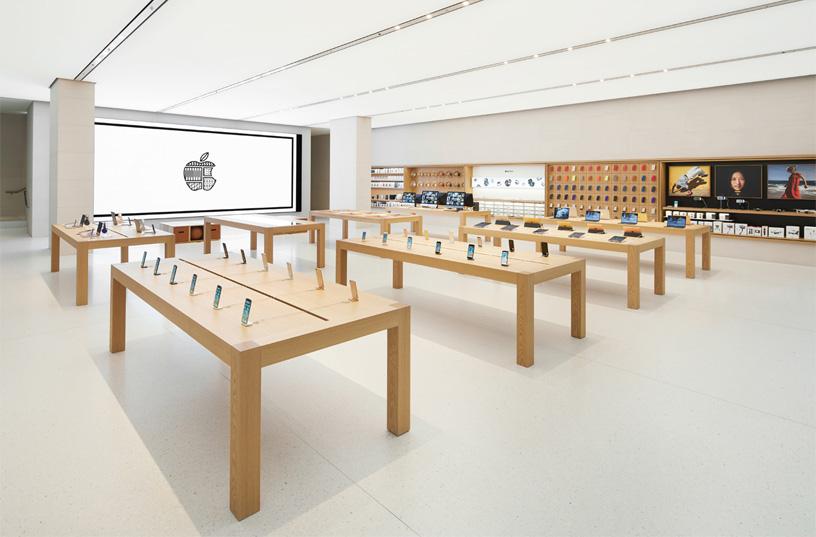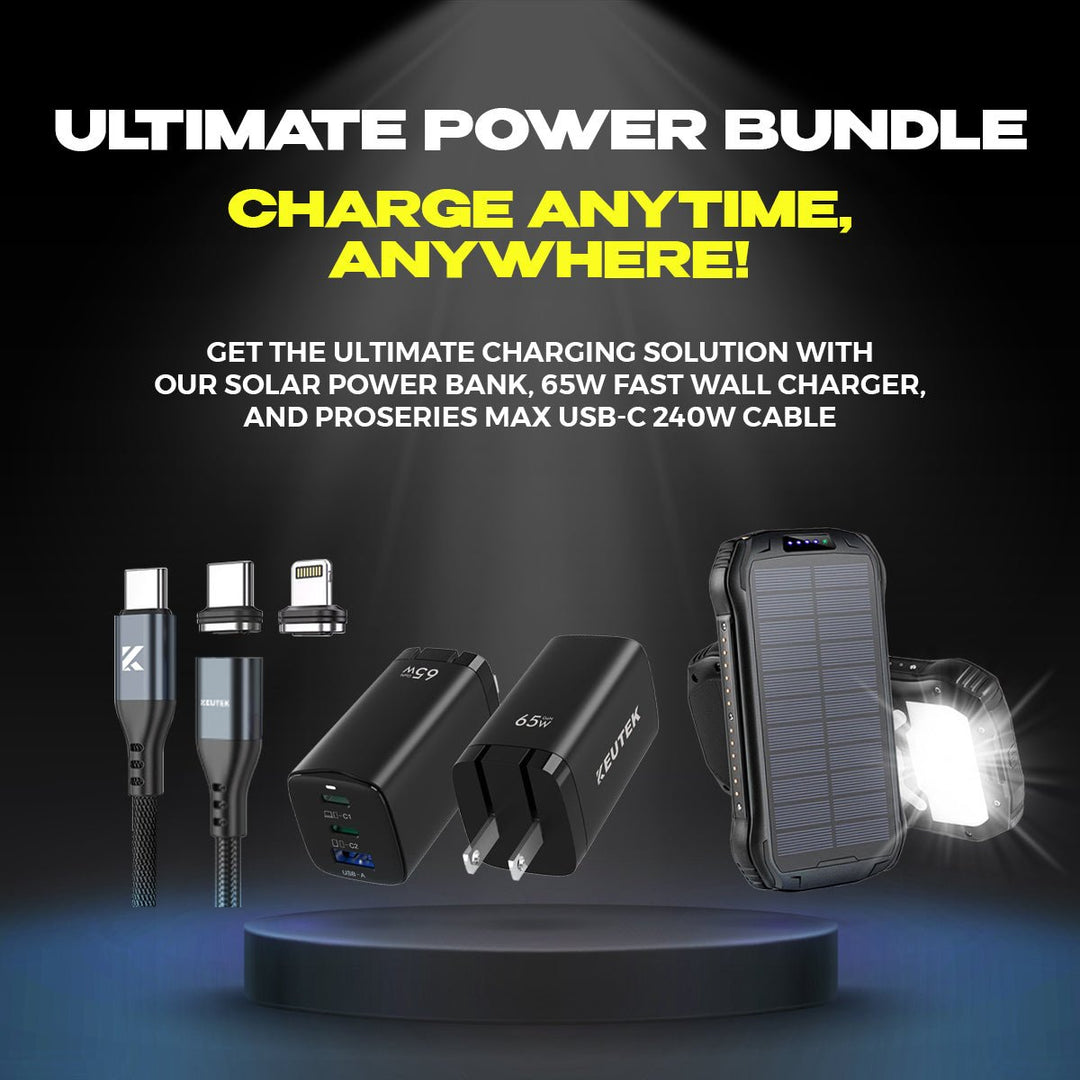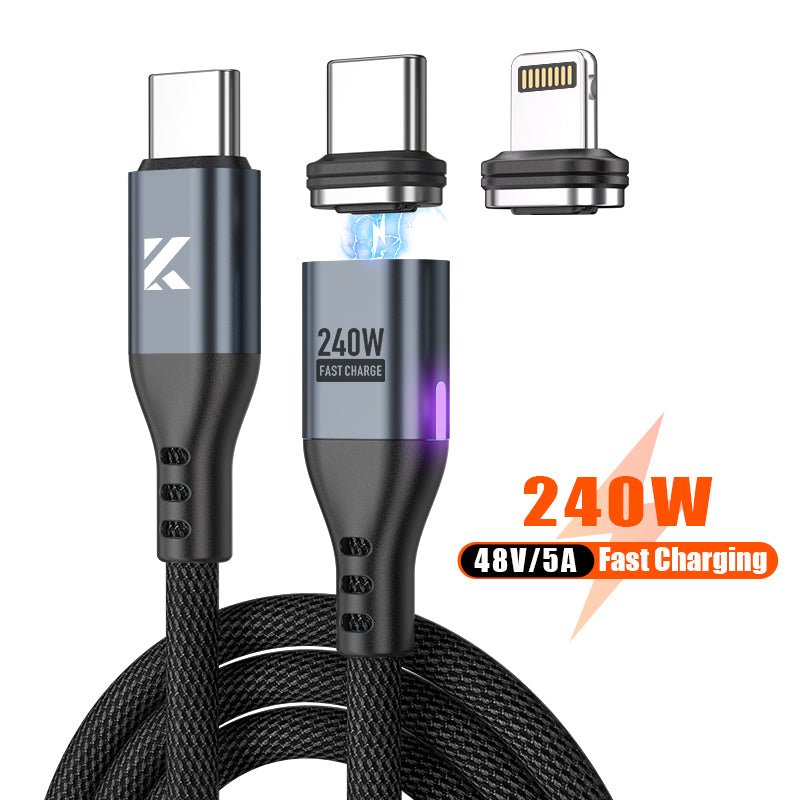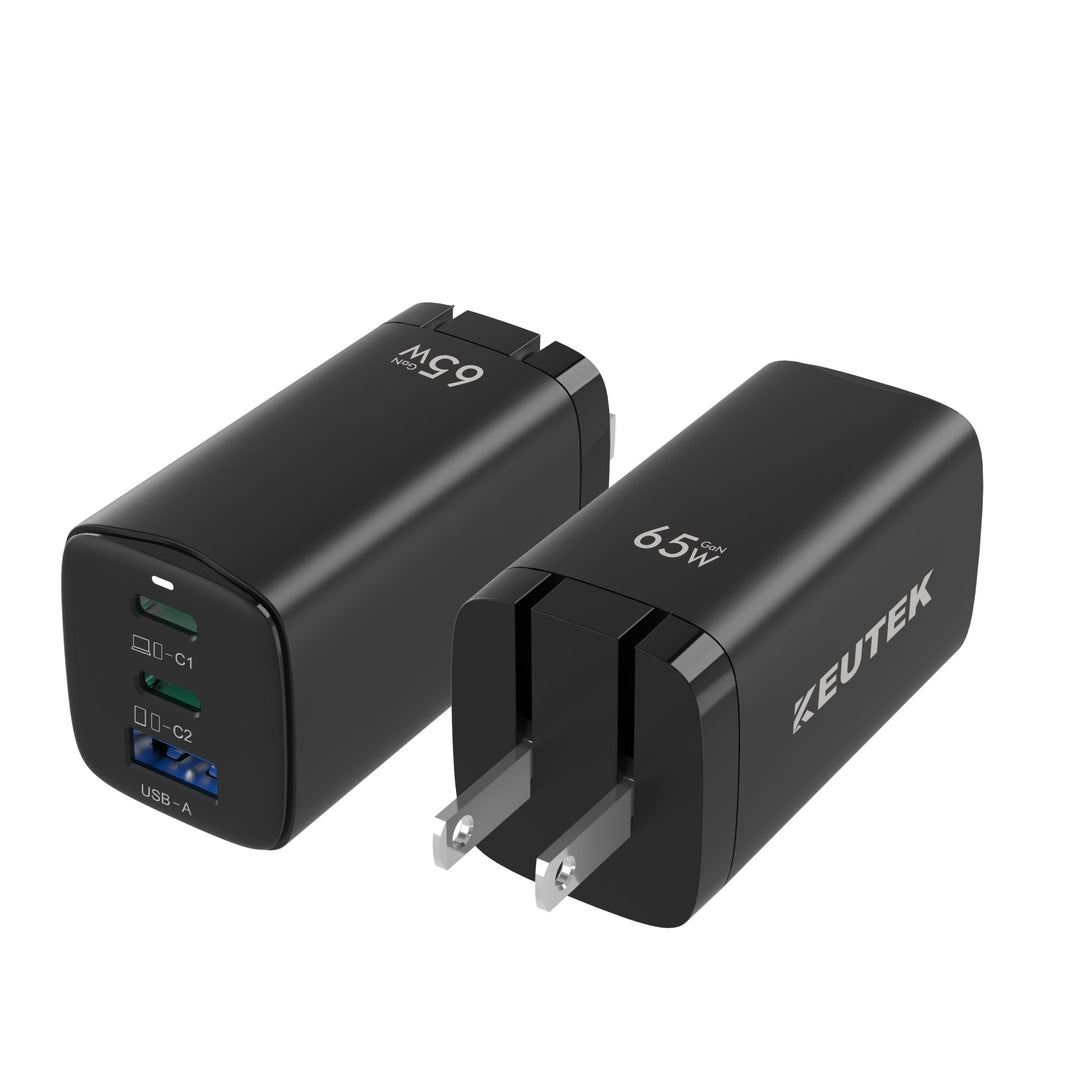Apple Store Employee Searches: What the CA Ruling Means

For many, an iPhone is practically an extension of their hand. Yet, Apple argued that carrying a personal phone isn't essential for its own Apple store employees. This ironic stance lies at the heart of a class-action lawsuit filed by California Apple store employees, who claim they deserve compensation for the time they spend undergoing mandatory security checks before leaving work. This case raises important questions about employee rights and whether seemingly minor policies can amount to significant unpaid labor. Join us as we unpack the details of this lawsuit and its potential impact on retail workers everywhere.

Portable Solar Power Bank 26800mAh - 99Wh Fast Charger
Lithium Polymer (Li-Po) battery. PD fast charging. Holds up to 8 days of reliable power on a single charge. Boasts a charging speed 50% faster than ordinary portable chargers.
Shop NowIs California Setting a Precedent For Labor Laws in Regards to Apple's Policies?
We all know Apple for their products that millions of people use everyday. In fact, there is a good chance that you are reading this on an Apple product right now, just as I am typing it on one. The daily usage and reliance on their products may just be what has put them on the losing end of a lawsuit in California.
A number of Apple Store employees in California filed a class-action lawsuit against the tech company in regards to hours worked and the labor laws in California. More specifically, this is in reference to the time allotted for employees to have their bags and personal items searched and verified before leaving the store after a shift.
Key Takeaways
- Compensated wait times could be on the horizon for retail employees: The California Supreme Court's interpretation of Apple's bag-check policy leans towards compensating employees for wait times, potentially setting a precedent for similar retail practices.
- Personal devices aren't so optional anymore: The court's decision reinforces the idea that personal devices, like cell phones, are integral to modern life, challenging employers' arguments about their "optional" nature in the workplace.
- A wave of policy changes and lawsuits may be coming: This case could trigger changes in how companies manage employee searches and potentially lead to more lawsuits addressing similar labor practices.
Why Does Apple Search Employee Bags?
With the high-value items that Apple sells, it is no surprise that employees are searched before leaving the store. It would be too easy for an employee to sneak off with some product and sell it online to make some extra money if this wasn't the case. Of course, many Apple employees already own Apple products, therefore they have to verify that the iPhone in their pocket is the employee's personal device, and not part of the store's inventory. Or if an employee were to bring in a personal MacBook for repair, it has to be verified that it was their device that was repaired, and not a broken one brought in and a new one that left in its place. The serial numbers on these devices allow for such measures to be taken to avoid unnecessary losses to the company.
What is the Issue With the Searches?
The primary issue with these searches is whether or not the employees should be paid for the time that they spend being searched and waiting to be searched. If the store is busy, and the manager is occupied with customers, then this may take as long as an hour for the employees ending their shift to be attended to and searched before being allowed to leave. Apple says that employees can avoid these searches by leaving bags and personal Apple products at home as they are "optional" and not necessary for their duties at work.
Would you consider your phone an "optional" accessory to your everyday life? Most people wouldn't. What if your child has an emergency and needs to contact you? What if a family member is rushed to a hospital? These scenarios have been argued many times, often in regards to kids being allowed to have cellphones in school. Is there a better justification that can be held up in court?
CA Supreme Court Ruling on Apple Employee Lawsuit
The Supreme Court of California put things into perspective for Apple by referencing their own product description. The Supreme Court wrote: "The irony and inconsistency of Apple's argument must be noted. Its characterization of the iPhone as unnecessary for its own employees is directly at odds with its description of the iPhone as an "integrated and integral" part of the lives of everyone else." Apple also argued that the policy "benefited" the employees that are searched. By benefited, do they mean avoiding accusations of theft, whether true or false? It is tough to tell, but the court deemed that this argument is "far-fetched."
This statement of the California Supreme Court does not put an end to this lawsuit though. This merely provided an interpretation to the Ninth Circuit Court of Appeals, where the case was originally appealed. It is now up to the Ninth Circuit to use this interpretation to determine a verdict in the case.
Impact of the Ruling on Apple and Future Lawsuits
This lawsuit could have a number of implications for Apple. For starters, they are likely to have to pay out a decent size settlement to their employees in California if this is ruled in the employee's favor. This could also open them up to a number of other lawsuits. Since this is currently a state issue, class action cases may be brought in other states with similar labor laws, or even on a federal level if it is a big enough issue.
This also means that Apple may be looking to change their policies in regards to the Apple stores and employees. This could include changing the handling of product, such as employees "checking out" product like a library book, that must either be sold in the computer system, or returned by the end of their shift. They could also implement a manager only system where the manager handles all of the transactions and the employees only assist customer to the buying process. This way the employees never touch physical product.
Apple is not the first company to be hit with class action lawsuits in regards to labor laws. In 2014, Ruby Tuesday settled a lawsuit for having employees perform "pre-shift" and "post-shift" work off of the clock. Outback Steakhouse had a similar lawsuit brought against them as well.
These are the times of large companies having a far reach across the country. One of the biggest variable expenses for a company is labor costs. From the top of the food chain (Corporate headquarters) all the way down, this message is passed, "reduce the labor hours". But how are companies suppose to cut these costs and still get the job complete? It is a fine balance in business management, and one that can prove costly if a company tries to cut the corners.
Related Articles
- Apple Is In The Hot-Seat With California Courts
- Apple Buys Companies More Often Than You Think
- Who Isn't Investigating Google at This Point?
- Apple Purchases Companies: A Look at Apple's Acquisitions
- Apple Is Replacing All Butterfly Keyboards For Free

Portable Solar Power Bank 26800mAh - 99Wh Fast Charger
Lithium Polymer (Li-Po) battery. PD fast charging. Holds up to 8 days of reliable power on a single charge. Boasts a charging speed 50% faster than ordinary portable chargers.
Shop NowFrequently Asked Questions
Why were Apple employees searching bags and personal devices? Apple's policy of searching employee bags and devices was implemented to prevent theft of high-value products from their retail stores. The verification process, especially for personal Apple devices brought in by employees, aimed to ensure that store inventory wasn't being swapped out with personally owned items.
What was the main point of contention in the lawsuit against Apple? The core issue was whether the time spent by employees undergoing these security checks should be considered compensable work time. The process, especially during busy periods, could sometimes take up to an hour, leading employees to argue they should be paid for this time. Apple contended that carrying personal items like phones was optional and employees could avoid the searches altogether.
What was the California Supreme Court's stance on the matter? The California Supreme Court sided with the employees, highlighting the inconsistency in Apple's argument. They pointed out that Apple markets its products, like the iPhone, as essential tools for daily life, yet considered them unnecessary for their own employees. The court deemed Apple's claim that the search policy "benefited" employees as "far-fetched."
Did the California Supreme Court ruling resolve the lawsuit? No, the Supreme Court's decision provided an interpretation of the law to the Ninth Circuit Court of Appeals, where the case was initially appealed. The Ninth Circuit will now use this interpretation to reach a final verdict in the case.
What are the potential implications of this lawsuit for Apple? If the ruling favors the employees, Apple could face significant financial payouts in settlements. It could also set a precedent for similar lawsuits in other states or even at the federal level. Furthermore, Apple might be compelled to revise its store policies, potentially changing how employees handle products or interact with customers during sales transactions.

















Leave a comment